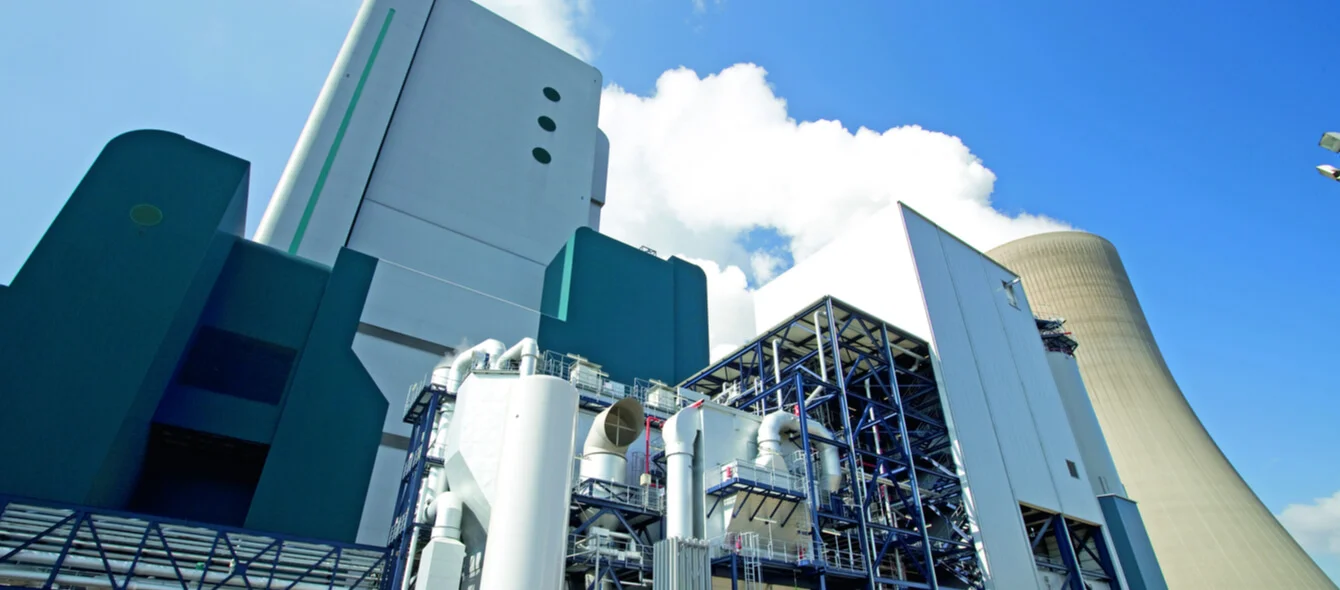Carbon capture usage and storage (CCUS) will be necessary to meet the UK’s existing climate change targets at least cost, according to a report by the Business, Energy and Industrial Strategy (BEIS) Select Committee. After 15 years of “turbulent policy support” the UK Government should finally pave the way for decisive action on CCUS, the cross-party group of Members of Parliament (MP) stated.
It was issued ahead of a report by the UK “Committee on Climate Change” due next week. The independent committee are due to advise the Government on whether and how it should increase existing Greenhouse gas (GHG) targets to “net zero” (the current target is an 80% reduction by 2050, set in the Climate Change Act 2008).
So far, none other of the G20 economies has cut as much carbon emissions as the UK. Yet, the reduction has slowed down in recent years. And with a reduction of around 40% of its GHG emissions compared with 1990 levels, the UK still has a long way to go to reach 80% by 2050.
CCUS needed to meet climate goals
Experts broadly agree that this target cannot be met without CCUS, because not all carbon emitting activities, especially in certain industries, can be substituted by carbon free or neutral technologies at all, or at least not at a cost-effective level.
“Establishing CCUS at scale is essential if we are to meet our climate change targets, so we fully back the BEIS Select Committee’s call on the Government”, Energy UK’s chief executive, Lawrence Slade, said pointing to similar findings in the “Future of Energy” report Energy UK had published the day before. CCUS, Slade said, will be critical in decarbonising sectors such as industrial processes, shipping, haulage and heating. “While there is growing recognition from Government of the importance of CCUS, a full commitment is necessary to bring forward the substantial and long-term investment that will (…) allow CCUS to play a crucial role in the future energy system.”
The CCUS technology separates carbon from flue gas of power plants or heavy industry factories and traps the greenhouse gas before it enters the atmosphere. The captured carbon dioxide then may be compressed and stored in caverns or used as a raw material. Carbon dioxide is used for a broad range of applications/purposes in the chemical, food and other industries.
Worldwide, there are fewer than 20 large-scale CCUS facilities in operation. In Germany, RWE has started their CCUS project in 2007, and the plant reached market maturity early last year.
In the UK, the Drax group has a bioenergy carbon capture and storage (BECCS) facility operating in their Selby biomass power plant. The demonstration plant, according to the company captures a ton of carbon dioxide a day. As biomass combustion for itself is considered to be carbon neutral, cleaning its flue gas makes Selby the first power plant to actually reduce GHG from the atmosphere. “If we take steps now the UK could lead the world in pioneering CCUS”, Drax Group CEO Will Gardiner said in support of the lawmakers’ appeal this week.
Some media reported about the report, read more about it in articles by Reuters and the Financial Times.
